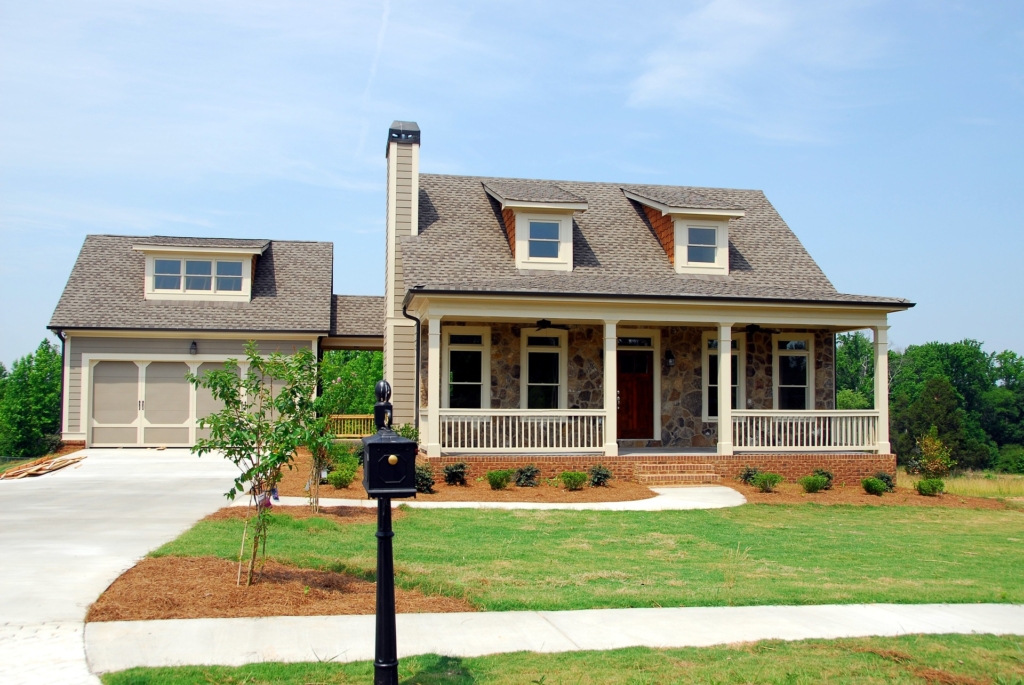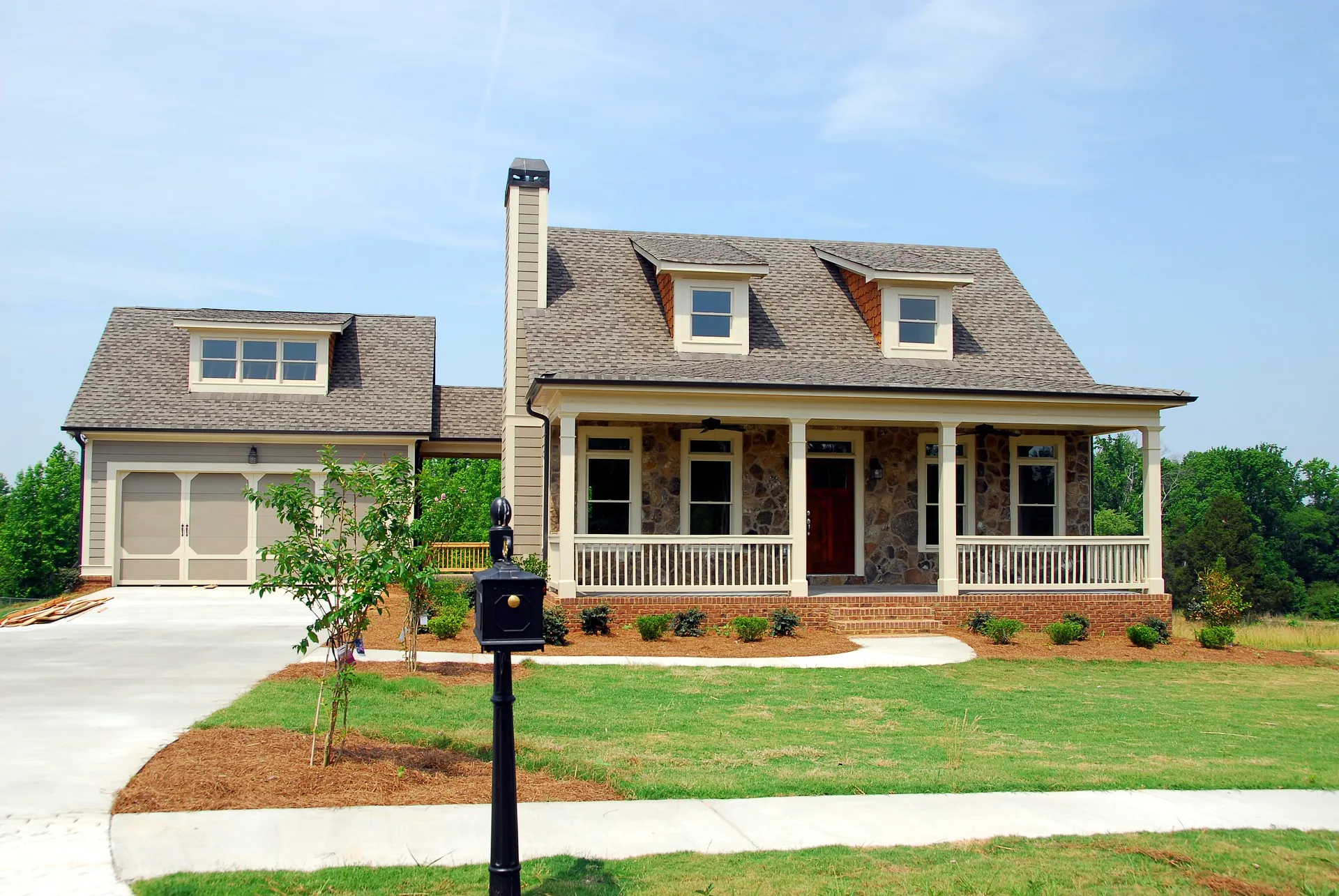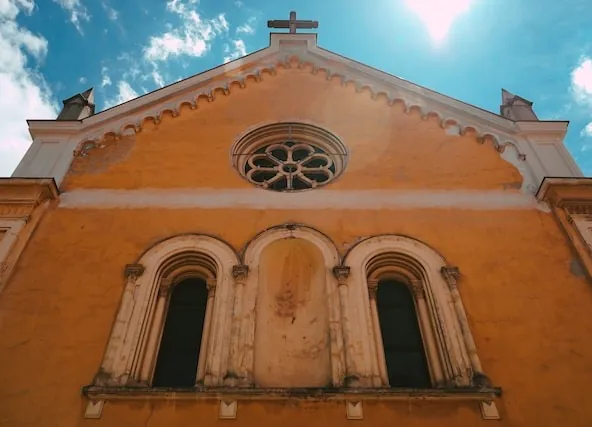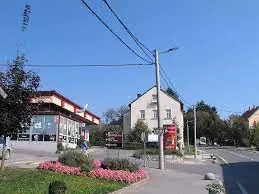When you’re considering purchasing a home and getting a mortgage in Croatia, every bit of quality information and advice is welcome. It’s useful to hear other people’s experiences and read everything you can find about the subject.
It is a long-term decision, so take enough time before you make a final decision. Purchasing a property outside of your home country can be especially nerve wracking. To make it a bit easier, we’ve laid out 11 things that you should know before seeking a mortgage in Croatia.

Before we start, kindly visit plitvice property Croatia.com if you are looking to buy property in Croatia. We have a lot of properties covering different needs and budgets. Be sure to contact us for your real estate needs.
With that out of the way, let’s get started.
1. What is the difference between a mortgage in Croatia and a housing loan?
A mortgage loan is a loan in which you use your property as an insurance instrument, e.g. collateral to get a specific amount of money. If you don’t pay your loan rates to the bank on time, the bank can take this collateral property to settle the debt.
A housing loan is a loan used for the purchase of an apartment or a house, for the construction of the new house or the reconstruction and improvement of an existing house or apartment. This house or apartment is at the same time an insurance instrument and the bank can take it over if you don’t pay your loan rates regularly.
2. What is a “pledged property”?
Uložena nekretnina (a pledged property) is a property you may use as an insurance instrument, like collateral, when applying for a mortgage loan. This gives the bank the right to take over your property if you’re not making your debt payments on time or if you have completely stopped making payments.
When applying for hipotekarni kredit (a mortgage loan), you will “pledge” your existing property. When applying for stambeni kredit (a housing loan), the pledged property will be your new apartment.
3. You can get a mortgage in Croatia in a foreign currency
You do have the option to get a mortgage loan in a foreign currency; it doesn’t have to be in Croatian kuna. If you decide to get a mortgage in a foreign currency, make sure it is a stable one as fluctuations can have an impact on your mortgage loan rate. For example, the euro exchange rate is fairly stable.
Regardless of the currency of your loan, you are required to repay your loan in Croatian kuna. If you took a loan in Euro, you will repay the loan in kuna according to the HNB’s (Hrvatska Narodna Banka, Croatian National Bank) average exchange rate for the Euro valid on the day of repayment.
4. What is the typical interest rate?
Interest rates for mortgage loans can vary wildly depending on the bank, your age, repayment period, and financial situation. Every bank has its own rules. For housing loans, the interest rate can vary from 3% to 7%.
5. You may get back your paid interest
For every housing loan, you will pay a defined interest rate. The good news is that the money you pay in interest to the bank is calculated into your annual tax refund. This means that when the state calculates the annual amount of money which will be returned to you as a tax refund, the interest rate paid to the bank will also be included in this refund. Of course, this assumes that you are a tax resident of Croatia.
6. What if you are older than 60?
When a bank calculates your repayment period, it assumes that you will pay off your mortgage by the time you are 60. The number of years you have left before turning 60 will determine your repayment period.
If you are near or older than 60, getting a mortgage will be much harder. If you are considered for a loan at all, you may only be approved for a small portion of the purchase price or submit additional collateral. Policies vary from bank to bank.
7. There are two contracts
If you are planning to purchase a real estate partially funded with a mortgage loan, then you’ll need two contracts. The first contract will be an agreement made directly with the owner that states your intention to purchase the property and the owner’s intention to sell the property. Usually, this contract is accompanied by a 10% payment from the buyer to the seller.
If the buyer doesn’t proceed with the purchase, then they will lose this 10% payment. If the seller doesn’t proceed, then they must pay the buyer double the amount of this initial payment.
This initial payment is in cash and not covered by the mortgage loan. What does this have to do with your mortgage? This first contract will be registered with the land registry in exchange for an ownership certificate that will be requested by the bank as part of your mortgage application. Once approved, then you will sign a second contract with the owner that will state the final details of the sale.
8. Only certain properties can be purchased with a mortgage
According to the Zakon o stambenom potrošačkom kreditu (Law on housing consumer credit), you can get a mortgage loan for:
A family house or apartment intended for housing or a house or apartment intended to be used for vacation rentals
A garage or parking space, which the consumer purchases or pledges together with the property
Land intended for the construction of a property
9. Banks won’t finance the whole purchase price
Banks will not fund 100% of the property purchase price. Usually, they will fund only 75%. The remaining 25% you must pay in cash directly to the owner. If you’ve made it to this point, you’ve already paid 10% to the owner in the first contract. So you only need to pay an additional 15% in cash to the owner.
These percentages may vary slightly depending on variety of factors like the bank, your financial situation, value of the house, etc, but the difference will be negligible.
10. Your residency status makes a difference
Before approving a mortgage, Croatian banks want assurance that you will pay them back. If you have temporary residency, it is highly unlikely that you will be approved for a mortgage. If you are approved, it will be for a fraction of the purchase price. Most likely, you’ll be flat out refused, since you have not yet proven your long-term connection to the country and they see you as a risk.
Banks will always prefer permanent residents and Croatian citizens when issuing a mortgage. The exception would be for EU nationals, whom are technically supposed to be treated like Croatian citizens across the board. There are some banks that will lend to EU nationals as long as they can prove they are getting a regular salary, whether that be in Croatia or in their home country.
11. You can choose your repayment schedule
With regards to your repayment schedule, you have two options. You may repay your mortgage loan in equal monthly annuities/rates or in annuities with a gradual increase over four repayment periods. These options depend on your bank and its policies.
Have you received a mortgage in Croatia? What was your experience like? Tell us in the comments.
Watch the YouTube here.
Visits: 3439





